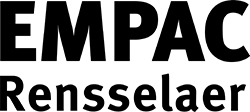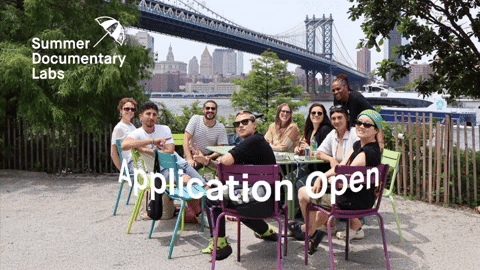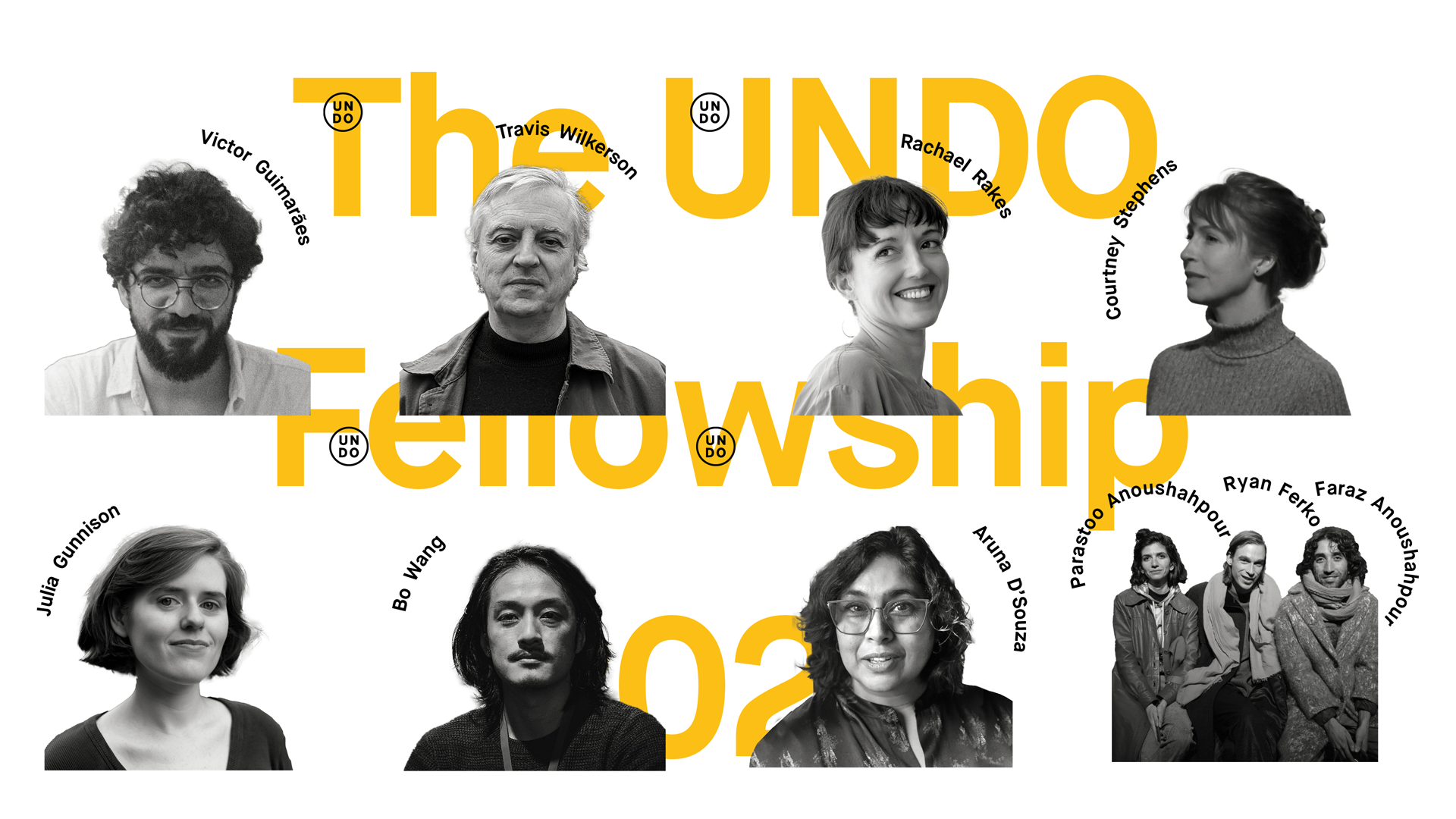
Collaborative research for new practices in documentary art.
UnionDocs is honored to share the selection of artists and writers for the UNDO Fellowship. Explore their research topics a bit below.
Proposed Research Focus
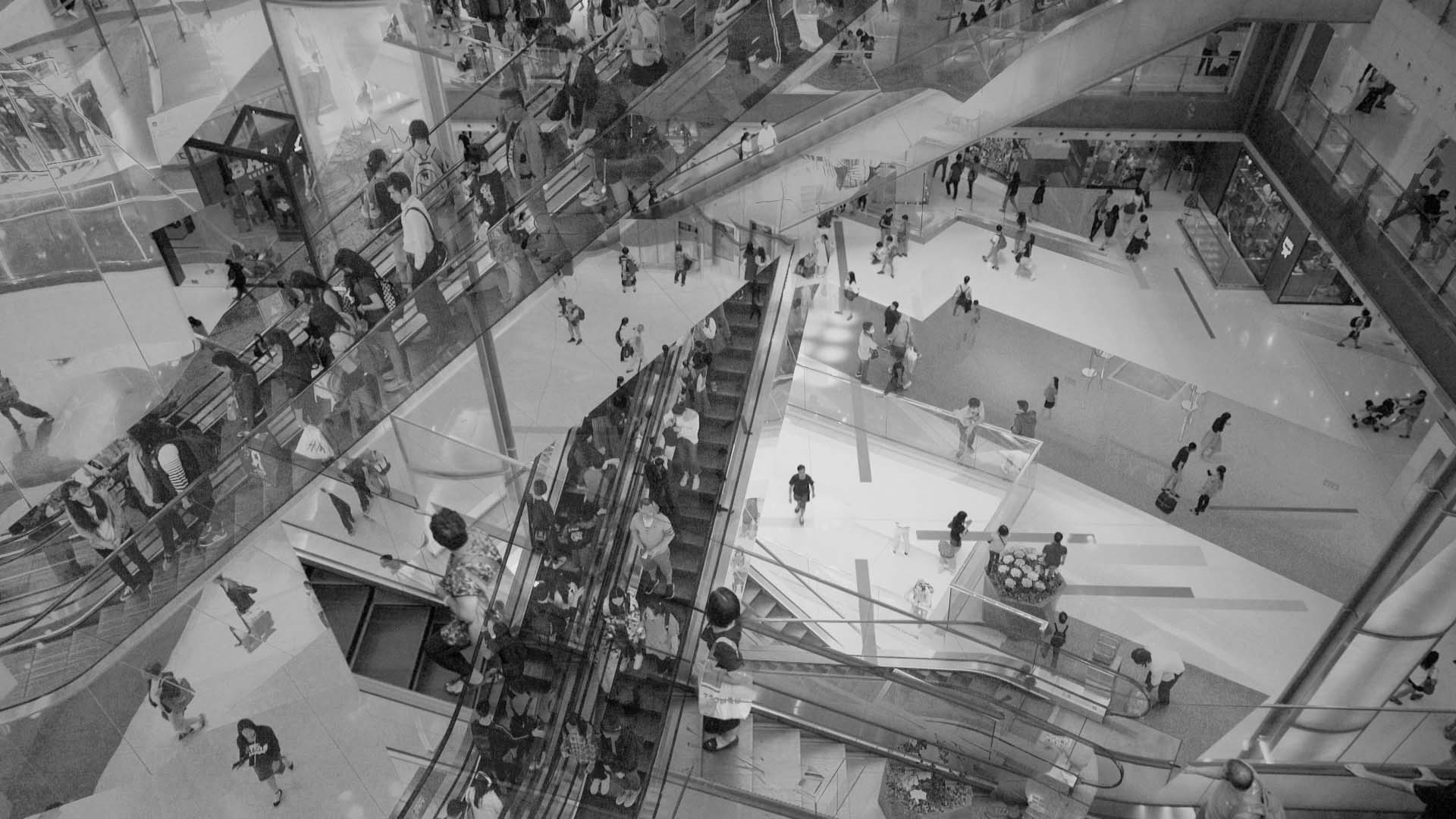
Bo Wang with Rachael Rakes
Filmmaker Bo Wang and critic Rachael Rakes investigate spectrality as a material entity shaped in the present by memory, trauma, displacement, and extractions. Together, they seek to build from theory, history, and moving image’s foundational relation to hauntedness, they propose how today’s speculative documentary practice might have a unique capacity to render ghosts. More broadly, their investigation attends to land as time and space, material as animated, and ancestral relations as multiple spectral forms. From the phantasmatic figure populating Hong Kong’s hyper-capitalist and ephemeral urbanscapes in Wang’s work, to the persistent specter of Cold War-era policies, the ghost, in its temporal and spatial purgatories—reveals frameworks in the present that will haunt humanity until they are resolved.
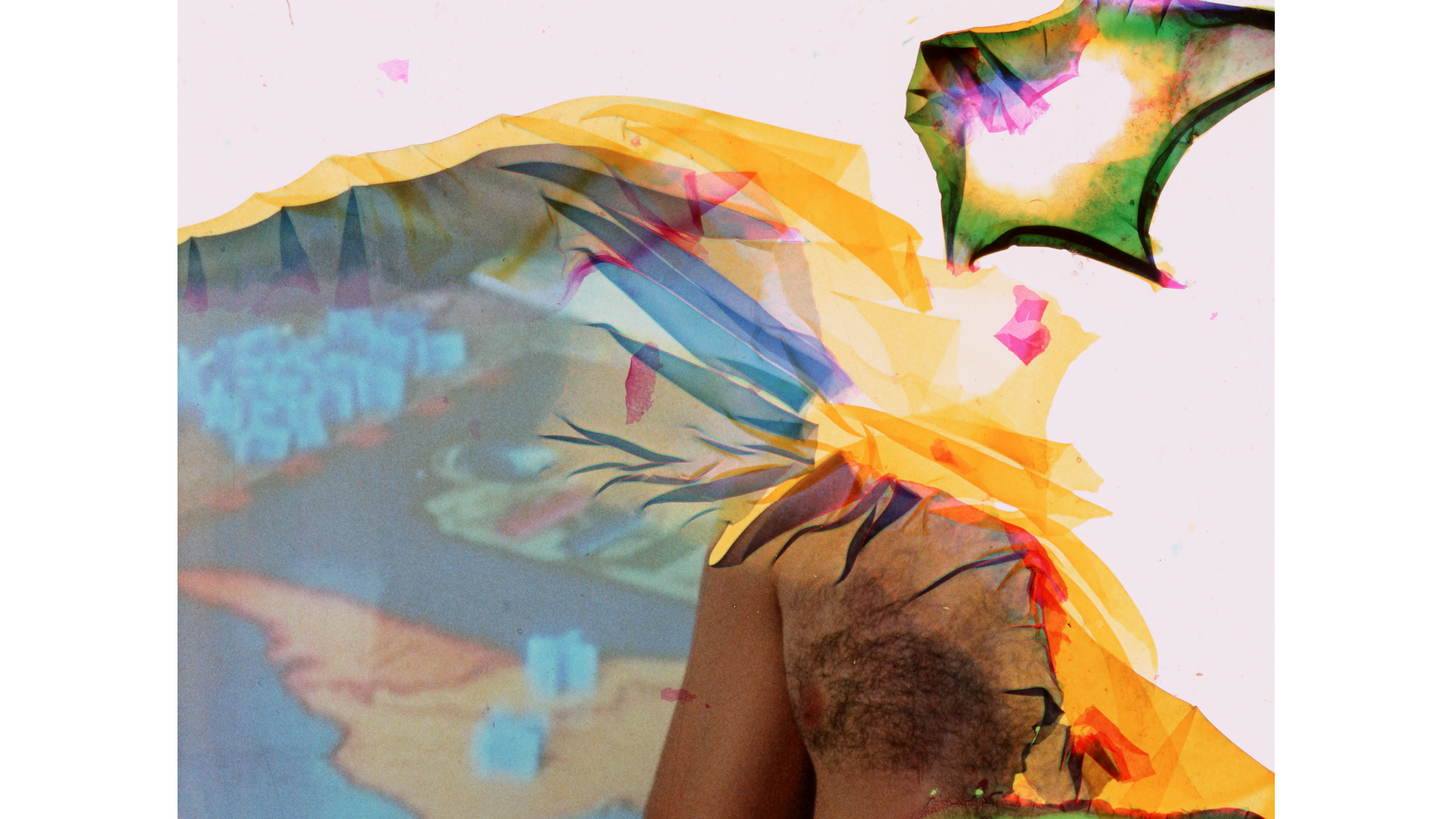
Parastoo Anoushahpour, Faraz Anoushahpour, and Ryan Ferko, with Aruna D’Souza
Filmmakers Parastoo Anoushahpour, Faraz Anoushahpour, and Ryan Ferko, and critic Aruna D’Souza consider diaspora as a political possibility and productive model for unraveling and reconstituting the world. In the face of ongoing displacement and unprecedented scale of forced migration, they explore the aesthetic and narrative possibilities of movement and “unplacement” as an untethering from the political formations of the nation-state. Is it possible, materially and imaginatively, to harness such diasporic movement as a form of resistance?

Travis Wilkerson with Victor Guimarães
Nearly sixty years after Fernando Solanas and Octavio Getino issued the call for a Third Cinema—a militant, revolutionary, anti-imperial, and internationalist intervention—critic Victor Guimarães and filmmaker Travis Wilkerson take up its unfinished, unfulfilled project to ask where its emerging forms might still be glimpsed. Their collaborative research takes them to Cuba, Mexico, Croatia, the Philippines, Cameroon and beyond, to seek out the legacies and active practitioners of a Third Cinema redefined by the technologies, means of production, and modes of distribution scaled to meet the urgent and ongoing political struggles of today.

Courtney Stephens with Julia Gunnison
In their collective reflection, filmmaker Courtney Stephens and film critic Julia Gunnison ask the question: How can nonfiction media contend with fantastical elements of the real? Rooted in Stephens’s ongoing exploration of geographic longing, private meaning, nationhood, and collage and hybrid forms, their research peers through the scrim of the failed dream of American progress and its attendant destabilization and media-produced fantasies, in search of a way forward. Considering long-standing insecurities, and assumptions, about documentary’s evidentiary status, they explore how the form interrogates, subverts, or succumbs to collective fantasies, and how alternative modes of documentary can confront beguiling mediations to engage with the instability of the now.
Meet the UNDO Fellows
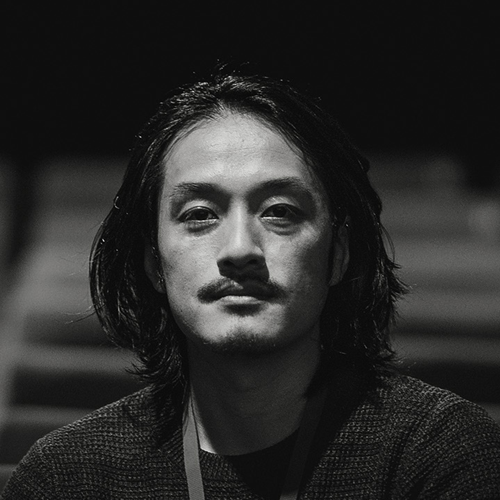
Bo Wang is an artist, filmmaker, and researcher based in Amsterdam. His works have been exhibited internationally, including at the MoMA, Guggenheim Museum, Garage Museum, CPH:DOX, IFFR, Visions du Réel, LUX, Open City Documentary Festival, Courtisane, Seoul Mediacity Biennale, Sonic Acts, Eye Filmmuseum, Sesc_Videobrasil, Sharjah Film Platform, among others. He is a recipient of major international awards, including New:Vision at CPH:DOX, Golden Dove at DOKLeipzig, O.F.F. Prize at Sesc_Videobrasil, Best Doc Short at Sharjah Film Platform, etc. He received a fellowship from the Robert Flaherty Film Seminar in 2013, and was an artist-in-residence at the ACC-Rijksakademie from 2017 to 2018, as well as at NTU Centre for Contemporary Art Singapore in 2016. He is currently a PhD candidate at ASCA, University of Amsterdam.

Rachael Rakes is a writer, curator, educator, and researcher. She was recently the Artistic Director of the 12th Seoul Mediacity Biennale, 2023. Currently Rakes is a Committee Member of the New York Film Festival, an Editor at Large for Verso Books, and a Contributing Editor for INFRASONICA.With Laura Huertas Millán and Onyeka Igwe, she organizes the artistic research initiative on co-subjective encounters, Counter-Encounters. From 2019–2022 she was the Curator for Public Practice at BAK basis voor actuele kunst, Utrecht. Until 2019, she was the Head Curator and Manager of the Curatorial Programme at De Appel in Amsterdam. Rakes teaches in the Artificial Times Masters department at Sandberg, on Curating the moving image at Leiden University, and taught recently for the Parsons School of Art, Zine Eskola, HKU, KASK, Eugene Lang College, and Harvard University. Rakes is editor of the publications This, Too, Is a Map (2023, Sema/[NAME]), Toward the Not-Yet (2021, BAK/MIT Press), and Practice Space (2019, [NAME]/De Appel) and frequently publishes as a critic and essayist.
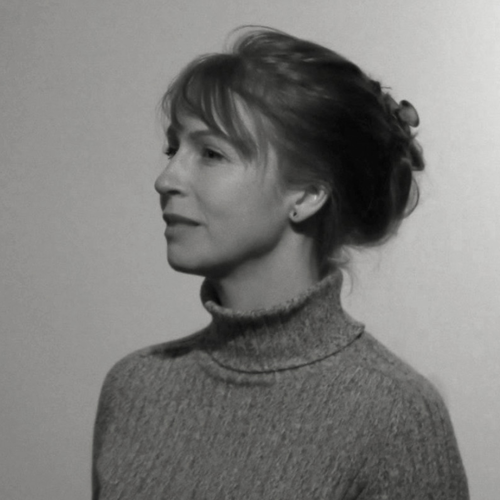
Courtney Stephens is a writer/director. Her work has explored historical geographies, the public unconscious, and the texture of women’s lives. The American Sector, her documentary (co-directed with Pacho Velez) about fragments of the Berlin Wall transplanted to the US, was named one of the best films of 2021 in The New Yorker. Her essay film, Terra Femme, comprised of amateur travel footage shot by women in the early-twentiethcentury, premiered at The Museum of Modern Art, and has toured internationally. Invention, a work of experimental fiction, recently premiered at the Locarno Film Festival. Her films have been exhibited at The National Gallery of Art, The Barbican, The Royal Geographical Society, Walker Art Center, the Thailand Biennale, and in film festivals including the Berlinale, Viennale, IDFA, Hong Kong, SXSW, and the New York Film Festival. She is the recipient of a Guggenheim Fellowship, a Fulbright Scholarship, and fellowships from MacDowell, Yaddo, and the Wexner Center.

Julia Gunnison is a writer, editor, and arts administrator based in Brooklyn, New York. Her essays, reviews, and interviews have appeared in Los Angeles Review of Books, Reverse Shot, Screen Slate, and Bright Wall/Dark Room, and her interests include nonfiction film forms and cinematic interpretations of urban space. She is an alumna of the 2024 Film at Lincoln Center Critics Academy, and the 2023–24 Reverse Shot Emerging Critics Workshop. She is the co-founder and editor of Syllabus, a weekly publication for nontraditional syllabi. Julia is currently the Artist Initiatives Manager at Creative Capital, and was previously Coordinator for the Sundance Documentary Fund. She serves as a grant application reviewer for the Sundance Institute, the International Documentary Association, and the Catapult Film Fund.

Parastoo Anoushahpour, Faraz Anoushahpour, and Ryan Ferko have worked in collaboration since 2013. Their shared practice explores the interplay of multiple subjectivities as a strategy to address the power inherent in narrative structures. Foregrounding the idea of place as a central focus, their work seeks to both decode their surroundings and trouble the production of images through speculative narration and dialectical imagery. Shifting between both gallery and cinema contexts, recent projects have been presented at Mercer Union (Toronto), MoMA, e_flux, The Flaherty Seminar, Berlinale, Punto De Vista International Documentary Festival, Viennale, Media City Film Festival, New York Film Festival, Toronto International Film Festival, and elsewhere internationally.
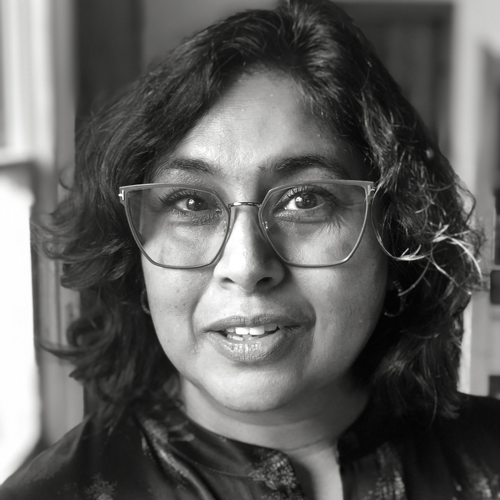
Aruna D’Souza is a writer and critic based in New York. Her work focuses on artists of the global majority and on art whose intersecting aesthetic and political possibilities allow us to imagine new, more just, more kind forms of life. Her new book, Imperfect Solidarities, was published in July 2024 by Floating Opera Press. Her work appears regularly in 4Columns.org, where she is a member of the editorial advisory board, and she is a regular contributor to the New York Times. Her book, Whitewalling: Art, Race, and Protest in 3 Acts (Badlands Unlimited), was named one of the best art books of 2018 by the New York Times. Recent editorial project include Linda Nochlin’s Making It Modern: Essays on the Art of the Now (Thames & Hudson, 2022) and Lorraine O’Grady’s Writing in Space 1973–2018 (Duke University Press, 2020); she co-curated the retrospective of O’Grady’s work, Both/And, which opened in March 2021 at the Brooklyn Museum.
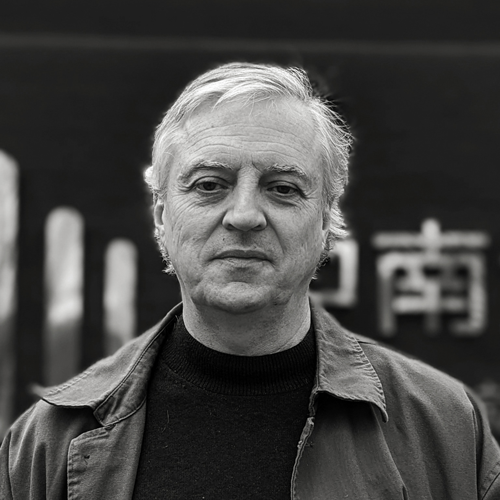
A chance meeting in Havana with the legendary Cuban filmmaker Santiago Alvarez changed the course of Travis Wilkerson‘s life. His internationally recognized body of filmmaking crosses boundaries with documentary and fiction, performance, and activism. At the epicenter of his work is the ongoing search for meeting points of aesthetic eloquence and political engagement, produced with an absolute modesty of material resources, as self-sufficiently as possible. In 2015, Sight & Sound called Wilkerson “the political conscience of American cinema.” His films have screened at hundreds of venues and festivals worldwide, including Berlin, Sundance, Toronto, and Locarno. The New Yorker called, Did You Wonder Who Fired the Gun? one of the “Sixty-Two Films that Shaped the Art of Documentary Filmmaking.” An Injury to One was named one of the best avant-garde films of the decade by Film Comment and a “political-cinema landmark” by the Los Angeles Times.
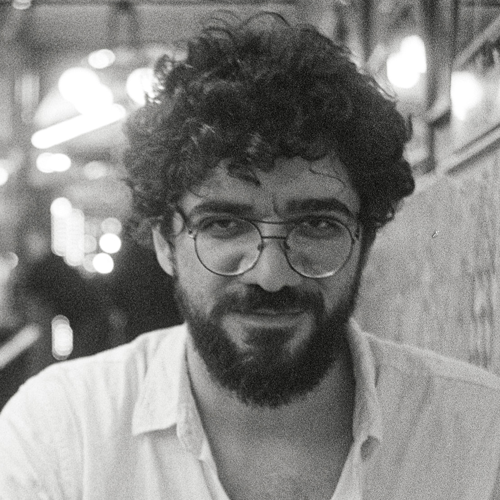
Film critic, programmer, and professor, Victor Guimarães’s work has appeared in publications such as Cinética, Con Los Ojos Abiertos, Senses of Cinema, Desistfilm, Outskirts, La Vida Útil, La Furia Umana, Field Notes, Documentary Magazine, and Cahiers du Cinéma, as well as several books and festival catalogues (Jeonju, Mar del Plata, and 3 Continents, among others). He holds a PhD in Communications from UFMG, with a research stage at Université Sorbonne-Nouvelle (Paris 3), and completed a dissertation on Brazilian filmmaker Aloysio Raulino’s experimental documentaries, in relation to films from other Latin American countries in the 1960s and 1970s. He is currently a programmer at FICValdivia (Chile) and the artistic director of FENDA – Experimental Festival of Film Arts (Brazil). He has curated programs for spaces such as XCèntric (Barcelona), Essay Film Festival (London), Woche der Kritik (Berlin), Cinemateca de Bogotá, Frontera Sur (Concepción, Chile), 3 Continents (Nantes, France), among others.
Generous support provided by


Big thanks to our partners
